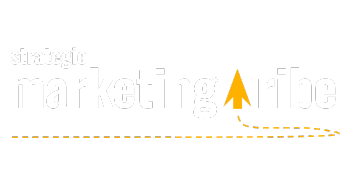Thank You for Downloading

Thanks for downloading! We hope you find the information valuable as you attract, nurture, and retain your ideal customers.
If you didn't receive the download email, please wait a few minutes and then check your spam folder. (If you find it there, please remember to whitelist us!)
If you still don't see it, please email [email protected], and we'll make sure you get it!
While you're here, check out these other helpful marketing tips:

Meta Fails to Protect Children—How Not to Build a Brand
By Vicky Sidler | Published 24 July 2025 at 12:00 GMT
The Johannesburg High Court just handed Meta a brutal—but well-deserved—wake-up call.
Meta, owner of Instagram and WhatsApp, was ordered to shut down over 30 accounts sharing graphic exploitative content involving minors, some of which named real children and their schools.
It’s sickening.
According to Emma Sadleir of the Digital Law Company (per Business Live), at least two young people have taken their own lives after being targeted on these platforms.
And yet, while Meta has the data, money, and AI power to build one of the most sophisticated ad machines on earth, it somehow couldn’t spot this? Couldn’t act faster?
TL;DR
Meta was ordered by the High Court to shut down accounts showing graphic exploitative content involving minors.
The content included graphic material, school names, and false medical claims.
Two suicides are linked to this abuse.
Meta claims “Facebook South Africa” isn’t responsible.
If you run a business, let this be your reminder: you’re responsible for your community.
When Your Platform Causes Harm—And You Pretend It's Not Yours:
Emma Sadleir, who brought the urgent court application, said she’s handled a number of digital abuse cases before—but this one was beyond anything she’s seen.
The court papers paint a disturbing picture:
Anonymous “leaks” of explicit content were actively encouraged via Instagram
Graphic exploitative content involving minors was then posted and amplified through WhatsApp Channels
Real names of schoolchildren and their schools were published alongside false medical accusations
A video of alleged abuse in a school bathroom was circulated
This wasn’t underground. This was live on platforms owned and operated by one of the largest tech companies in the world.
What did Meta say in response?
That the request to take action had been sent to the wrong entity—because Facebook South Africa doesn't actually run the platforms. According to their legal letter, users of Instagram and WhatsApp contract directly with Meta Platforms in the United States, not the South African subsidiary.
Translation?
We’re not liable. Talk to the US team. This isn’t our department. It’s not our problem.
But It Is Their Problem:
Never mind that DLC had already been liaising with named Meta officials. Never mind that these accounts were running on Meta’s infrastructure, generating engagement and clicks—fuel for Meta’s ad engine.
Meta designed these platforms. Meta profits from user behavior. Meta collects nearly every click and scroll.
And yet—when it comes to the safety of children, their platforms fail in the worst possible ways.
It’s a masterclass in corporate distancing. And it’s exactly what happens when a company wants the benefits of building a community, but none of the accountability that comes with it.
Here’s what stings: I’ve personally had Facebook suspend me for baby photos of my nieces in nappies. Twice. They even warned me that if it happened again, I could get suspended for life. Obviously, each time, I appealed. Each time, they reversed the decision because a baby in a nappy isn’t actually against their guidelines.
But if they can do that... Why not this?
Community Isn’t Just a Buzzword:
When you create a platform, you inherit the responsibility of stewarding the community that forms around it.
You can’t take the money and skip the hard parts. You can’t build social media and ignore the social cost.
Meta seems to forget that.
At this point, the problem isn't just legal. It’s moral.
Meta created the tools. Meta owns the channels. Meta profits from the attention. So Meta is responsible for what happens when those tools are abused.
Passing the buck may buy them legal cover, but it doesn’t change the facts: real people were harmed, and it happened on their watch.
What Small Business Owners Get Right (That Meta Doesn’t):
If you run a business with even a handful of staff or clients, you already know this: People matter.
You’re not just selling things. You’re building trust. You’re setting standards. You’re creating spaces where people feel seen, safe, and respected.
You know your clients’ names. You check in when something’s off. You care.
So while Meta fumbles the basics of digital decency, maybe it’s time we recognize the quiet excellence of small business owners who are already doing the hard stuff well.
Build With Care, Lead With Clarity:
Let this be a reminder that making money isn’t the only metric that matters.
Your brand voice, your messaging, your culture—it all sends signals.
Signals that say:
“We care.”
“We listen.”
“We take this seriously.”
That’s what your customers remember. And it’s what builds loyalty that no ad algorithm can replicate.
If you’re ready to clarify that message and build more trust in your brand, my 5-Minute Marketing Fix will help.
Because the world doesn’t need more of this BS. It needs leaders who actually give a damn.
COFFEE’S ON ME (OK, NOT REALLY)
But I'm serious about helping you connect with your audience. Let’s grab a coffee (on Zoom) and chat about your marketing goals.
Wondering how to simplify your message? Let’s talk.
Ready to stand out in an AI-saturated world? I’ve got ideas.
Just need clarity? I’ll help you see the big picture.
This isn’t a sales call—just a friendly, low-pressure chat. At the very least, you’ll walk away with some cool ideas you can try on your own.
SCHEDULE YOUR COFFEE CHAT WITH ME (VICKY) TODAY
Created with clarity (and coffee)






